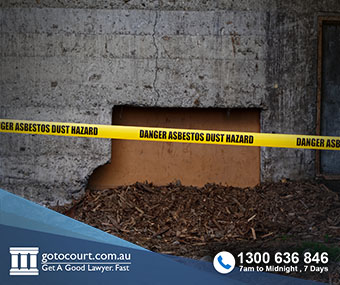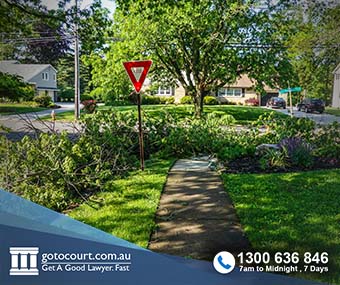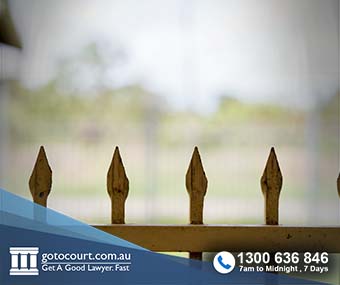Fence Disputes (SA)
Fence Disputes (SA)
In urban and suburban South Australia, disputes often arise between neighbours about the construction or repair of a dividing fence. In general, residential neighbours are responsible for half of the cost of the dividing fence each; however, in some circumstances the cost may be divided unequally. This page deals with fence disputes in South Australia.
Talk to your neighbour
If you are considering building a new fence, repairing an existing fence, or removing an existing fence, you should talk to your neighbour first. Ideally, you and your neighbour should come to an agreement about the type of work to be done, who is to do the work, when the work is to be done and how the costs are to be shared. If it is not possible to come to an agreement with your neighbour, you will need to serve them with a Notice to perform fencing work.
Notice to perform fencing work
Under section 5 of the Fences Act 1975, a person who proposes to erect, replace, repair or do maintenance to a dividing fence must serve a Notice of that intention on the adjoining owner. The Notice must set out the details of the proposed work, the cost of the work and how much the person seeks to recover from the neighbour.
Under section 6, a person who receives a Notice to perform fencing work and objects to any of the proposals it contains has 30 days to serve a cross-notice on their neighbour. The cross-notice sets out their objections and may include counter-proposals. The first neighbour may then, in turn, object to the counter-proposals. Reasons do not have to be given for the objections.
If a person does not object to a Notice or to a cross-notice, they are taken to have agreed to the work proposed, and the person proposing the work may go ahead and commence it. Section 8 of the Fences Act sets out time limits for the completion of fencing work under an agreement.
Where the other party objects
If one party objects to the fencing proposal of the other party, either neighbour may apply to the court for a determination on the work to be carried out, who is to carry it out, when it is to be carried out and how the costs are to be shared.
The application is made by filing an Originating Application – Fences Act with a supporting affidavit in the Magistrates Court and serving a sealed copy on the other party. The application must provide the parties’ details and the orders sought.
The application will be heard in the Minor Claims Division, where both parties will generally represent themselves.
Where a party cannot afford the fencing work
If a person receives a fencing proposal and thinks that the work proposed is fair but cannot afford to pay for it, they should try negotiating payment with the neighbour, rather than objecting to the notice. A court will not refuse a reasonable fencing proposal simply because one party cannot afford the work.
If the proposed fence is more costly than the standard type of fence in the area, the court may allow the proposed fence to be constructed but order the neighbour to pay half of the cost of the standard type of fence only.
A court may order one party to pay more than half the cost of fencing work if there is evidence that one party will get more benefit from the fence.
If a party cannot afford the work, the court may order that they pay their portion of the costs in instalments.
Urgent fencing work
Under section 16 of the Fences Act, when a dividing fence is damaged or destroyed and there is an urgent need to have it repaired, either of the owners of the adjoining properties may have the fence repaired or replaced. The person may then recover half of the cost of the work from the other owner or the amount that the other owner is liable to contribute, whichever is less.
Where adjoining owner cannot be found
Under section 9 of the Fences Act, where a person wishes to carry out fences work but cannot locate the owner of the adjoining land, they must affix their notice of intention to perform fencing work to a prominent part of the land. If no cross-notice is served on them, they may proceed as if the adjoining owner had agreed to the proposal.
If you require legal advice or representation in any legal matter, please contact Go To Court Lawyers.

Affordable Lawyers
Our Go To Court Lawyers will assist you in all areas of law. We specialise in providing legal advice urgently – at the time when you need it most. If you need a lawyer right now, today, we can help you – no matter where you are in Australia.How It Works




1. You speak directly to a lawyer
When you call the Go To Court Legal Hotline, you will be connected directly to a lawyer, every time.

2. Get your legal situation assessed
We determine the best way forward in your legal matter, free of charge. If you want to go ahead and book a face-to-face appointment, we will connect you with a specialist in your local area.

3. We arrange everything as needed
If you want to go ahead and book a fact-to-face appointment, we will connect you with a specialist in your local area no matter where you are and even at very short notice.






















